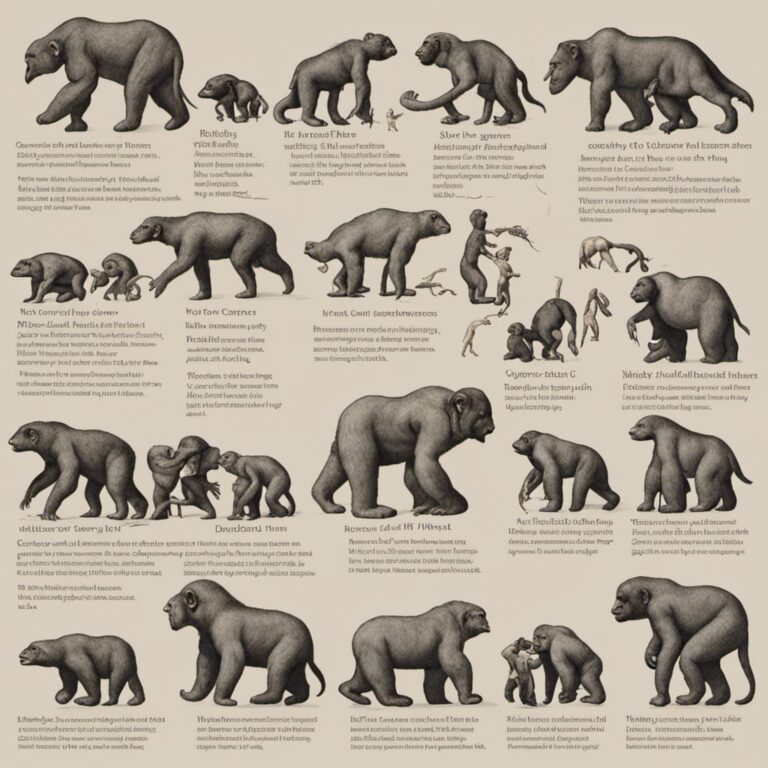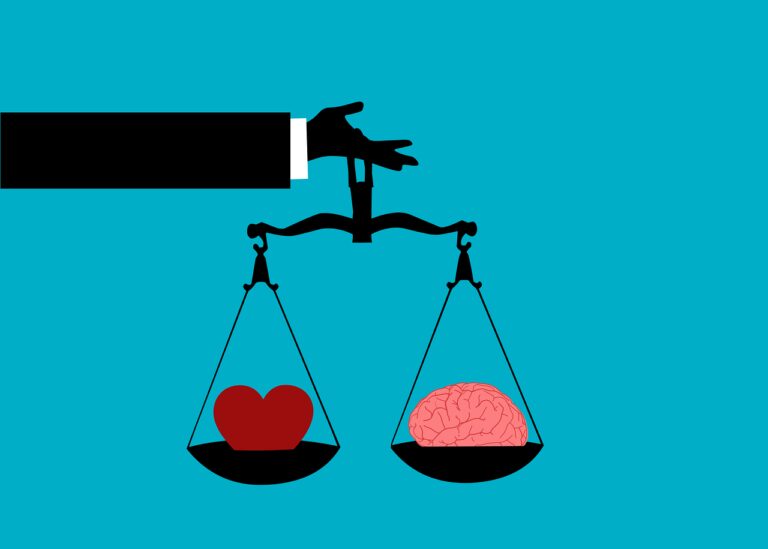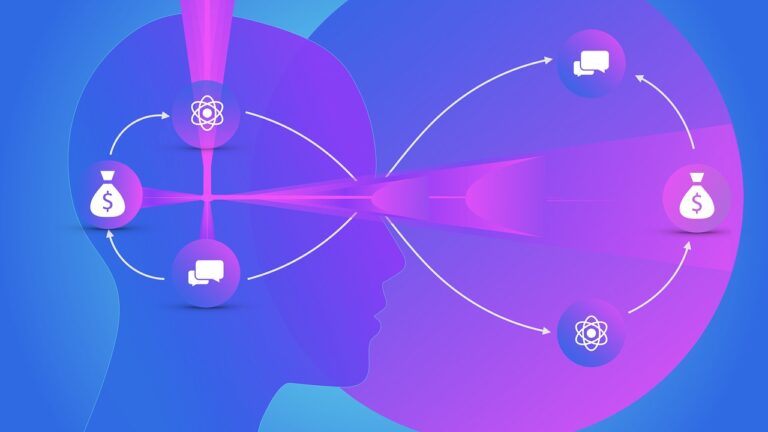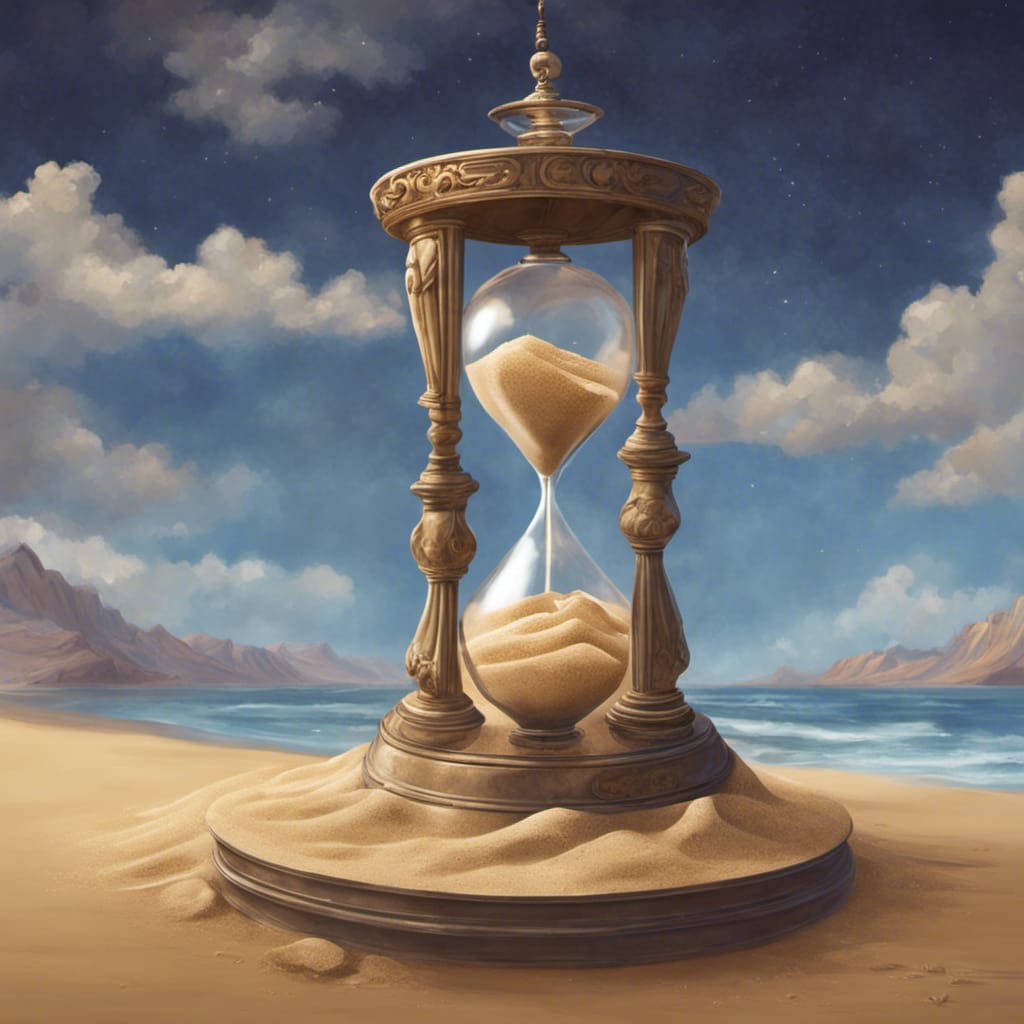
Temporality: a concept that transcends the boundaries of time, weaving intricate threads of meaning through our experiences. In this comprehensive exploration, we delve into the multifaceted dimensions of temporality, unraveling its meanings, providing vivid examples, examining synonyms and antonyms, and ultimately shedding light on the crucial importance of grasping this concept.
Exploring the Meanings of Temporality
Temporality’s meanings span a spectrum of interpretations, touching on various fields of study and human experiences:
- Philosophical Significance: In philosophy, temporality delves into the nature of time itself. It contemplates questions of existence, reality, and the fleeting nature of moments.
- Cultural Context: Temporality is pivotal in understanding cultural nuances. Different cultures perceive time differently, either as a linear progression or as a cyclical phenomenon.
- Psychological Perspective: In psychology, temporality relates to our perception of time, influencing our capacity to reminisce about the past, experience the present, and anticipate the future.
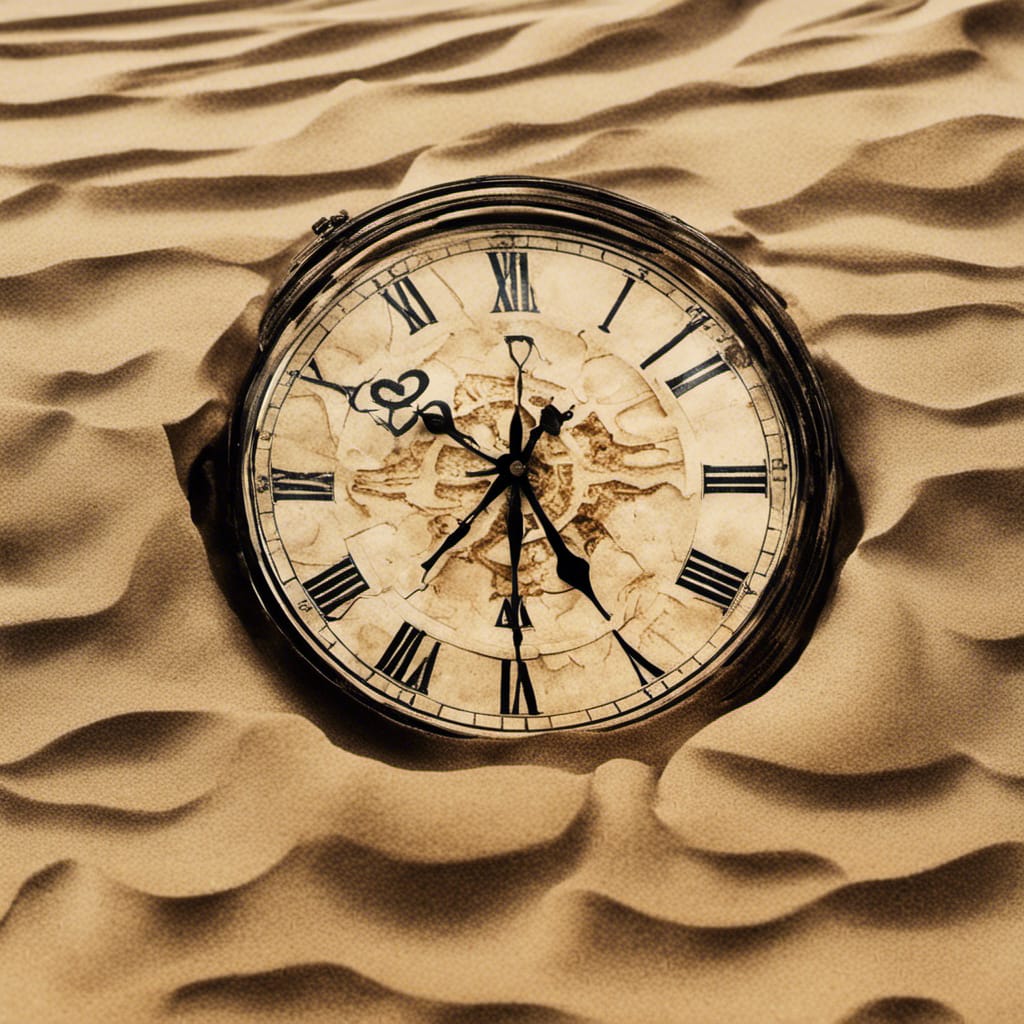
Etymology
The genesis of “temporality” can be traced to the Latin word “temporalis,” signifying a connection to time. This etymological lineage reinforces its close association with the temporal realm. This linguistic evolution underscores the pivotal role of language in encapsulating abstract concepts, enabling us to encapsulate temporal notions within the confines of this single term.
Temporality’s Role in Communication
Beyond its etymology and semantic counterparts, “temporality” serves as a vital conduit for communication across disparate contexts. In philosophical discourse, it emerges as a cornerstone for existential contemplation, encapsulating the transient nature of human existence. This profundity extends to the realm of literature, where authors utilize the word to convey the temporal fragility of narrative arcs and character trajectories.
Philosophical Underpinnings
The concept of temporality has captured the imagination of philosophers across centuries. Thinkers like Martin Heidegger and Henri Bergson have delved into its intricacies, highlighting its role in shaping human consciousness. Heidegger, for instance, introduced the notion of “Dasein” or being in the world, which posits that our understanding of being is intertwined with our temporal experience. Bergson’s idea of “duration” emphasized the fluid and qualitative nature of time, challenging the conventional linear view.
Temporal Perspectives
From a psychological standpoint, temporality is a dynamic interplay between different temporal perspectives. These perspectives include the “past,” where memories reside, the “present,” characterized by immediate awareness, and the “future,” laden with expectations. The past informs our identity, the present anchors us, and the future beckons us toward possibilities. This interwoven trio molds our choices, aspirations, and reflections.
Interdisciplinary Significance
Beyond philosophy, temporality reverberates across various disciplines. In literature, authors manipulate temporality to craft narratives that engage and challenge readers’ perceptions. In psychology, studies on time perception shed light on cognitive processes and emotional experiences. Physics and cosmology grapple with the nature of time itself, from Einstein’s relativity to the elusive concept of “time dilation.” Temporality’s influence is as diverse as it is profound.
Temporal Distortions
Temporality is not without its enigmas. Temporal distortions, such as déjà vu or time dilation in extreme conditions, offer glimpses into the intricate workings of our perception. These phenomena intrigue neuroscientists and psychologists, inviting exploration into the brain’s intricate mechanisms that give rise to our temporal experiences.
Implications for Existence
The exploration of temporality transcends intellectual curiosity; it touches the core of human existence. As we fathom the depths of time’s flow, we confront questions of mortality, purpose, and legacy. Our understanding of temporality shapes how we make sense of our fleeting lives and the narratives we weave into the tapestry of history.

Temporality Examples
Examples breathe life into abstract concepts. Consider the following scenarios:
- Aging and Growth: The temporality of life is evident in the stages of growth and aging. A seed evolving into a towering tree showcases the passage of time.
- Historical Evolution: The transformation of societies over centuries exemplifies temporality. From ancient civilizations to modern nations, each stage reflects a specific temporal context.
- Literary Expression: Literature often captures temporality’s essence. A poem that navigates the transition from dawn to dusk encapsulates the passage of time.
Synonyms and Antonyms
Synonyms and antonyms provide a nuanced understanding of temporality:
Synonyms: Words like “chronology,” “duration,” and “temporal nature” encapsulate aspects of temporality, underlining its connection to time’s flow.
Antonyms: On the flip side, terms like “eternity,” “timelessness,” and “perpetuity” stand in stark contrast, highlighting the absence of temporal limitations.
Why It Matters
Why is comprehending temporality important? The reasons are manifold:
- Guidance in Decision-Making: Awareness of temporality aids in making informed decisions. Recognizing the transient nature of opportunities encourages seizing the moment.
- Enriched Cultural Understanding: Temporality unveils diverse cultural perspectives on time. This understanding fosters empathy and open-mindedness towards differing worldviews.
- Personal Growth and Resilience: Embracing temporality fosters resilience. Understanding that challenges are temporary fuels the spirit to overcome adversity.
- Preservation of Memories: Temporality inspires the preservation of memories. Capturing fleeting moments in photos, journals, or artworks immortalizes the essence of a specific time.
Conclusion
The enigma of temporality invites us to become intrepid explorers of our own perception. It’s a journey of curiosity, where we navigate the labyrinth of existence armed with questions rather than answers. What secrets lie within the folds of the past? How does the present instantaneously unfold? What mysteries does the future veil? As we quest for understanding, we find that temporality itself is the adventure.
